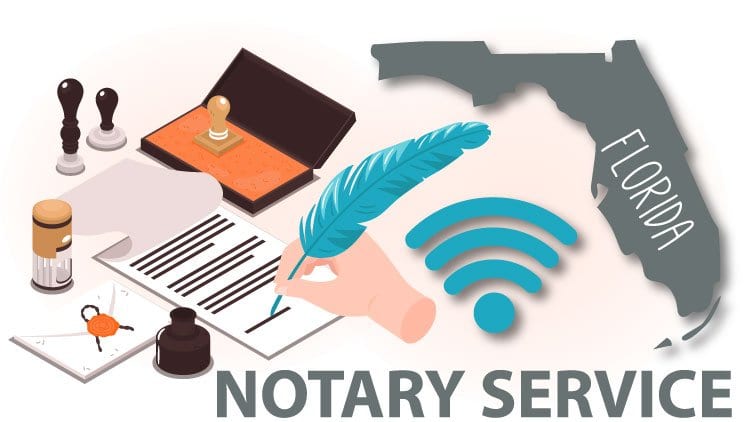Understanding Apostille: Simplifying International Paper Legalisation
Wiki Article
Debunking Notarial Job: Simplifying the Function and Relevance of Notaries
In the elaborate web of legal paperwork and verification, notaries stand as pillars of guarantee and authenticity. Their function, typically shrouded in mystery for several, brings substantial weight in guaranteeing the credibility and stability of vital documents. As guardians of legality and truth, notaries play a critical component in our culture, yet their work is not constantly totally recognized. By deciphering the complexities dropping and surrounding notarial techniques light on the significance of their acts, a more clear understanding emerges of the essential role notaries play in maintaining the fabric of contractual and legal agreements.The Background of Notarial Work
Exactly how did notarial job evolve over time to come to be an important component of lawful and service purchases? The history of notarial work go back to ancient worlds, where scribes played a crucial duty in taping vital info and confirming records. As cultures progressed, the need for a much more formalized system to make sure the credibility of arrangements arose. This caused the development of notaries, individuals assigned by the state to work as neutral witnesses in legal issues.
During the Center Ages, notaries obtained importance in Europe, with their features expanding to include drafting lawful files, accrediting signatures, and preserving records. The increase of worldwide trade even more highlighted the importance of notarial job in validating contracts and contracts across borders.
In the contemporary age, notaries proceed to play a crucial duty in lawful and service purchases by validating identities, validating the authenticity of files, and stopping fraud. Their function in accrediting the legitimacy of arrangements adds a layer of security and trust fund to the ever-evolving landscape of business and regulation.

Duties and Duties of Notaries
The historic evolution of notarial job from ancient civilizations to the modern period has actually shaped the distinctive obligations and obligations that notaries support in lawful and business transactions today. Notaries play a crucial duty in validating the credibility of papers and the identification of signatories. One of their main obligations is to witness the signing of vital files, such as wills, contracts, and acts, to guarantee that all events are participating in contracts intentionally and willingly. Notaries also confirm that notaries are of audio mind and not under duress or browbeating.They license duplicates of initial papers, offering assurance to institutions that the duplicates are true reproductions of the originals. Overall, the responsibilities and obligations of notaries are vital in guarding the integrity and legality of various files and purchases - Conveyancer.
Notarial Certificates and Signatures
Exemplifying thorough focus to information, notarial certificates and trademarks serve as crucial parts in verifying the credibility of legal files. Notarial certifications usually include crucial information such as the date of notarization, the names of the signatories, a summary of the paper, and the notary's main seal. These certificates give a clear record of the notarial act, guaranteeing that the file can be conveniently identified and mapped back to the notary that supervised the procedure.Signatures play a crucial role in notarial work, as they symbolize the agreement and approval of the events included. Notaries meticulously witness the finalizing of papers to validate the identity of the signatories and validate that they are authorizing of their own totally free will. By affixing their main seal and signature to the paper, notaries certify that the essential procedures have actually been adhered to and that the file is legitimate and enforceable.
Basically, notarial certificates and trademarks are the characteristic of credibility in legal transactions, offering guarantee to all events involved that the documents are legit and binding.
Value of Notarial Acts

Notarization Process Explained
The notarization procedure usually begins with the specific offering the record to a notary public. When the identity is verified, the notary ensures that the individual signing the file does so willingly and without any kind of threat.
Verdict
Notarial certifications normally have important info such as the day of registration, the names of the signatories, a description of the file, and the notary's official seal. These certificates provide a clear record of the notarial act, making sure that the document can be quickly identified and traced back to the notary who oversaw the process.
By affixing their main seal and signature to the document, notaries accredit that the required procedures have actually been followed and that the file is enforceable and legitimate.
By verifying the identification of the signatures, verifying their desire to get in right into the arrangement, and certifying the date and area of the signing, notaries play a vital role in promoting the validity of legal records.After the paper is signed, the notary will fasten their official seal or stamp onto the record.
Report this wiki page